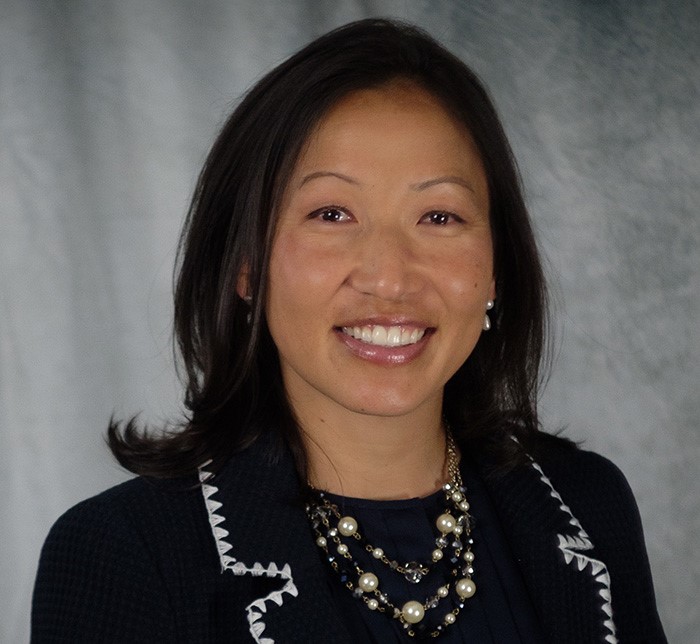Connecticut”™s richest resident is calling on the U.S. to follow the example of China”™s communist government and redistribute wealth among its population.

According to a Bloomberg report, Ray Dalio, founder of the $150 billion Westport-based hedge fund Bridgewater Associates, insisted that the U.S. and other Western nations misunderstand the goals of Chinese President Xi Jinping in creating more opportunity by having government spread prosperity.
“First you get rich, then you make a point of distributing those opportunities in a more equal way,” Dalio said during a UBS Group AG investment conference on Monday. “The U.S., through its own system, needs more common prosperity, and a lot of other countries do.”
Dalio added that this approach could help to harvest a future generation of leaders who would otherwise have been prevented from demonstrating their abilities.
“You don”™t know where the top talent is going to come from,” he continued. “It”™s just as likely to come from poor people, disadvantaged people as it is from the most superbly groomed people. So, you draw upon that talent, and you make a better economy more prosperous and you create a fairer system.”
Dalio offered no game plan on how to initiate such a concept, nor did he volunteer to devote any of his fortune to making this concept a reality. Last October, Dalio claimed he would gladly pay more in taxes if he knew his funds were being used to promote equal opportunity and greater productivity.
Last month, Dalio sparked controversy during a CNBC interview when he appeared to downplay human rights abuses in China by raising questions about human rights in the U.S. while comparing the actions of the Chinese government to a “strict parent.” He later claimed his comments were sloppily framed.




















Ray Dalio knows how economies operate, per the synchronized functions of their market components. He knows that living economies function analogously to the physiological aspect of their human micro-components, human beings, the latter being sustained through the unified/synchronized function of interrelated biochemical feedback loops. He understands that healthy economies are describable in terms of properly balanced, synchronized markets that stimulate and attenuate each other appropriately, such that there is harmonious overall function allowing for a stable, sustainable, full-employment environment, where essential goods and services are readily available and affordable to a fully employed body of worker-consumer economic participants.
This type of ideal functioning, in a given economy, exists only in theory. But glimpses of exceptional economic function have allowed economic theory to evolve to a point where macro- economic activity can be predicted and affected by purposeful government policy.
China’s economy, under Chinese President Xi Jinping, has grown enormously, and created vast wealth, such that non-agrarian employment and migration to cities has become the defining scenario of the socioeconomic evolution of modern China. Purposeful government economic policies, including direct government-private sector business partnership, has created and sustained this ongoing socioeconomic revolution. China, in this regard, has pursued economic growth/wealth creation as the means to the end of providing a universally desirable standard of living for the huge population of China. The elimination of poverty, with the economic vitality and stability describable in the achievement of the latter, rather than the Marxist elimination of class, is the goal of the present government of China. And with very strong, yearly growth of the Chinese economy being the normal expectation in modern China, it can only be acknowledged as being remarkably reasonable, sound policy.
Comparing Chinese economic policy with the laissez-faire policy of the modern US — in the context of our increasing level of poverty and income disparity, with their concomitant socioeconomic instability — it isn’t surprising that American economic guru Ray Dalio, would see virtue in Chinese economic policy, and folly in much of US economic policy.
The Dalio economic perspective has proven to be one of the surer compasses on the world economic landscape. And with the Chinese economy increasingly determining economic policy for the rest on the world on a defacto basis, it can be said that when Ray Dalio talks, US economic policy makers should probably listen…